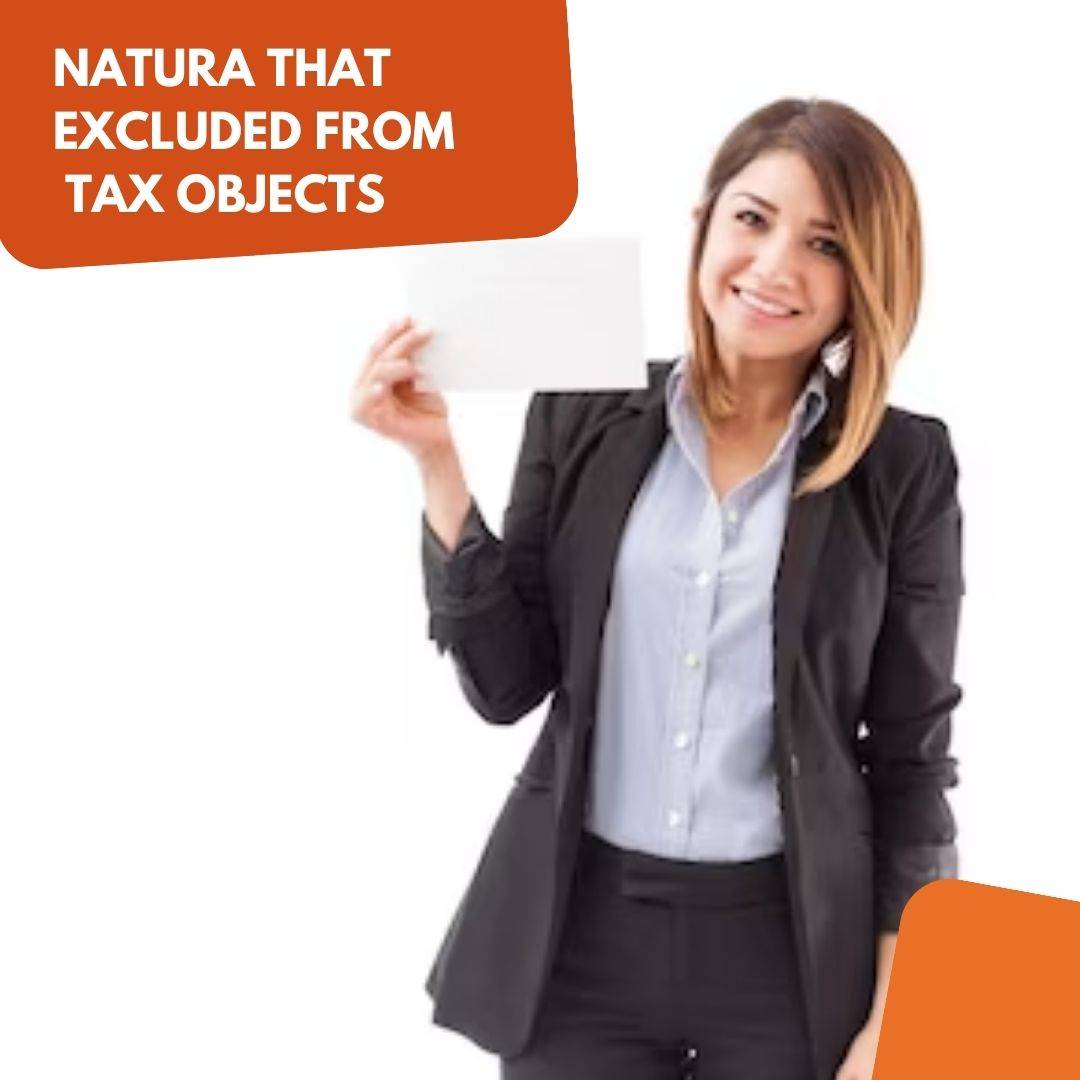Benefit in kind that Excluded from Income Tax Objects According to PMK 66/2023
Income tax (PPh) is one of the important sources of state revenue. PPh is levied on the income obtained by taxpayers in various forms, including income in the form of natura and/or benefits. However, in the Minister of Finance Regulation (PMK) No. 66/2023, there are several exceptions regarding natura and/or benefits that are excluded from being income tax object. Through this article, TGS AU Partners team will provide a detailed explanation of the exemptions from income tax for these natura and/or benefits.
Food, Food Ingredients, Beverage Ingredients, and/or Beverages for All Employees
In the context of exempting the natura tax object, the types of natura that are excluded from the natura tax object include food, food ingredients, beverage ingredients, and/or beverages provided by employers to all employees. Here is a further explanation of these types of natura:
- Food and/or beverages provided by employers in the workplace are included in the exemption from the natura tax object. This includes cafeteria facilities or dining rooms in the workplace where employers provide food and beverages for all employees.

- Food and/or beverage coupons are given to employees who are part of the marketing department, transportation department, and field assignments. These coupons can be used by employees to obtain free or discounted food and beverages at specific locations.
- The provision of food ingredients and/or beverage ingredients to all employees is also included in the exemption from the natura tax object. However, this exemption has a specific value limit determined by applicable regulations. If the value of the food ingredients and/or beverage ingredients exceeds the set limit, the difference between the actual value and the exempted value will become the subject of the natura tax.
Our Service Recommendations
- This exemption arrangement also covers the provision of gifts during religious holidays and other designated occasions in the form of natura and/or specific benefits. This accommodates special gifts related to festive celebrations or specific events.
Regarding food and/or beverage coupons, they can be non-monetary transaction instruments that can be exchanged for food/beverages or reimbursement of meal expenses paid by the employer.
Under this exemption, the value of food and/or beverage coupons is exempted from the natura tax object and is set at Rp2 million/employee/month or the total food and beverage expenses at the workplace per employee per month. If the expenses exceed Rp2 million/employee/month, the difference between the actual coupon value and the exempted coupon value will become the subject of the natura tax.
With these exemptions, employers can provide food, food ingredients, beverage ingredients, and/or beverages to all employees without considering them as taxable natura, as long as the value remains within the established limits.
Natura or Benefits that Required to be Provided by Employer
In PMK 66/2023, there are exemptions related to the natura and/or benefits that employers are required to provide to employees in the execution of their duties. These types of natura and/or benefits are associated with the safety, health, and/or security requirements mandated by ministries or institutions based on legal regulations. Here is a basic explanation of these types of natura and/or benefits:
- Uniforms
Employers are obligated to provide employees with uniforms that meet the safety, health, and/or security requirements established by the relevant ministries or institutions. The provision of uniforms aims to meet workplace safety standards and differentiate employees within the work environment.
- Safety equipment
Employers are also required to provide the necessary equipment for employee safety. This equipment includes gear or tools used to protect employees from injury or accidents while performing their tasks. Examples of safety equipment include helmets, gloves, safety shoes, and other protective gear.
- Employee transportation
In certain situations, employers are obliged to provide transportation services for employees. This particularly applies if employees work in remote areas or where accessibility is an issue. Employee transportation services help ensure that employees can reach the workplace safely and on time.
- Accommodation for ship crew and similar professions
For ship crew members and similar professions, employers are required to provide accommodation. This accommodation is provided to meet the residential needs of employees while they are on board or in work environments that require temporary housing.
- Natura and/or benefits in handling endemics, pandemics, or national disasters
During endemics, pandemics, or national disasters, employers may provide specific natura and/or benefits as part of mitigation and recovery efforts. The types of natura and/or benefits given may vary depending on the situation and emerging needs.
News & Articles Recommendations.
In PMK 66/2023, these exemptions clarify that the natura and/or benefits provided by employers to employees in the context of safety, health, and/or security requirements mandated by ministries or institutions based on legal regulations are not subject to the natura tax object. This means that employees are not required to pay taxes on the natura and/or benefits received from employers related to these matters.
Natura or Benefits Provided in Specific Areas
The criteria for specific regions, as defined in the Tax Rights and Obligations Law (UU HPP), refer to the established definitions. Specific regions are areas that have economically viable potential but lack adequate economic infrastructure and are difficult to access through public transportation such as land, sea, and air.
In these specific regions, investors face high risks and relatively long return periods to transform economic potential into tangible economic strength. Specific regions may also include offshore areas with depths exceeding 50 meters and mineral reserves, as well as remote areas located far from urban centers or densely populated settlements.
In PMK 66/2023, there are exemptions related to natura and/or benefits provided in specific regions that are not included in the Natura Tax object. Here is an explanation of the natura and/or benefits provided in specific regions
- Natura and/or benefits provided in specific regions include facilities, infrastructure, and/or amenities at the workplace for employees and their families. For example, employers can provide accommodations such as housing, healthcare services, education, places of worship, transportation, and certain sports activities (excluding golf, motorboat racing, horse racing, hang gliding, or motorsports). To qualify for these exemptions, employers must obtain a designation of specific regions from the Director General of Tax.
- These facilities, infrastructure, and/or amenities can be independently provided by employers or through cooperation with other parties. The costs of providing such facilities, infrastructure, and/or amenities are borne by the employers. Another example is healthcare and/or education services provided by other entities, including those located in the districts or cities where the business operates or in areas directly adjacent to the business location.
- Transportation facilities, infrastructure, and services are also included in these exemptions. Transportation may cover the employees and their families in carrying out their assignments.
In this context, natura and/or benefits provided in specific regions are exempted from the natura tax object, and thus not considered taxable natura. Employers can provide these facilities, infrastructure, and/or amenities to employees and their families to support well-being and ensure sustainable employment.
Natura or Benefits with Specific Types or Limitations
In PMK 66/2023, there are specific types of natura and/or benefits that are exempted from the natura tax object with certain limitations. These types of natura and/or benefits are explained in detail, along with the applied limitations. Here are some examples of limitations that may be imposed:
- Recipient criteria and/or value for natura
For certain types of natura, the exemption from the natura tax object can be determined based on recipient criteria and/or the value of the received natura. For example, only employees with specific positions or levels who meet certain criteria are eligible to receive such natura. Additionally, there is a specific value limitation, and if the value of the natura exceeds this limitation, the difference in value will be considered as taxable natura.
- Recipient criteria, value, and/or function for benefits
For certain types of benefits, the exemption from the natura tax object may depend on recipient criteria, the value of the provided benefits, and/or the function of those benefits. For instance, only employees in specific categories or roles who meet certain criteria are entitled to receive such benefits. Furthermore, the value and/or function of the benefits are also taken into consideration for these exemptions.
In the calculation, the difference between the received value of natura or benefits and the established value limitation will become the taxable natura. This means that if the value of natura or benefits exceeds the set limitation, the difference in value will be considered as taxable income.
Conclusion
In PMK 66/2023, there are specified exemptions for natura and/or benefits within the natura tax object that are provided to employees. These exemptions encompass various categories, such as natura and/or benefits that are mandatory for employers to provide in the execution of work, natura and/or benefits provided in specific regions, as well as natura and/or benefits with specific types and/or limitations.
These exemptions provide guidance for employers in providing facilities related to security, health, safety, and economic development. By adhering to the existing regulations, employers can ensure compliance with applicable tax laws while fulfilling the needs of their employees.
News & Articles Recommendations.





